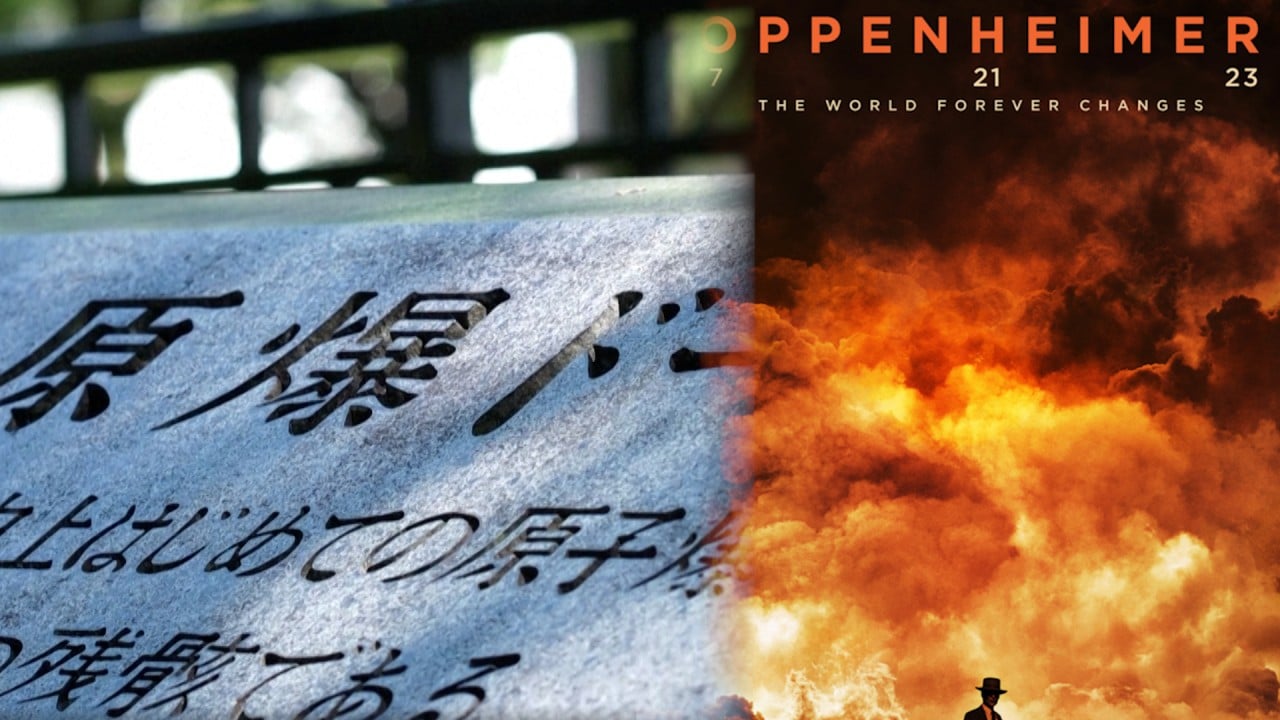China’s science community mourns death of Nobel-winning physicist Tsung-Dao Lee, 97
“He made significant contributions to the development of science and technology, education and talent cultivation in China,” the obituary said.
Born in Shanghai in 1926, he enrolled at National Che Kiang University (now Zhejiang University) during the turbulent war years and in 1945 moved to the National Southwestern Associated University, an institution formed from Peking, Tsinghua and Nankai universities in Kunming in Yunnan province.
The following year, nominated by his teacher for a Chinese government scholarship, he set off for the US where he began his graduate studies at the University of Chicago and was accepted as a doctoral student by Professor Enrico Fermi, also a Nobel laureate in physics.
In 2011, when Columbia University – where Lee started in 1953 as an assistant professor and taught for nearly six decades – honoured his retirement, the university said the theoretical physicist “became a legend himself” during his stay there.
In 1956, Lee was named the university’s youngest full professor and a year later, when he was barely 31, he won the Nobel Prize, becoming the second-youngest scientist to receive the honour.
In the statement mourning his passing, Columbia University said, “His groundbreaking contributions to his field have a lasting impact on both theoretical and experimental physics”.
Robert Oppenheimer, known as the father of the atomic bomb, once praised Lee as one of the most brilliant theoretical physicists of his time and said his discoveries were characterised by “a remarkable freshness, versatility and style”.
Lee received the Nobel Prize as a Chinese citizen before becoming an American in 1962. In 1972, as the geopolitical climate shifted and US-China relations warmed, Lee returned to his homeland for the first time after 27 years overseas.
Over the years, he made repeated visits to give lectures and promote the development of science in China.
He is remembered by Chinese scientists for his contributions to China’s scientific development, including the China-US Physics Examination and Application Programme (CUSPEA), the first international talent exchange programme after China’s opening up.
He initiated and promoted CUSPEA after being shaken by the fact that China was lagging far behind the world in the sci-tech arena. From 1979 to 1989, more than 900 outstanding Chinese physics students were sent to the US to receive a first-class graduate education.
In a commemorative article on Monday afternoon, physicist Tang Chao, now a professor at Westlake University and a representative of the CUSPEA scholars, wrote that the forward-looking groundbreaking programme was “of great historical significance and changed our destiny”.
He said young researchers trained under this project had become leaders and elite cadres in many fields, serving in renowned universities and research institutes at home and abroad, and becoming outstanding leaders in the private sector.
Lee further helped China cultivate top talent by establishing the Special Class for the Gifted Young at the University of Science and Technology of China in Anhui Province in 1978, which has trained nearly 2,000 young people.
In the 1980s, he prompted China’s higher education institutions and research organisations to set up a postdoctoral training system.
After the CUSPEA project ended, Lee shifted his focus to advancing China’s high-energy physics, coordinating between the US and China to promote the progress of a number of major projects.
Wang Yifang, director of the Institute of High Energy Physics (IHEP) in Beijing, recalled Lee’s contribution to boosting China’s high-energy physics in an article published on the institute’s official account on Monday.
He linked the flourishing of China’s high-energy physics research and achievements over the past half-century to Lee’s efforts, saying they were inseparable from Lee’s strong support and help throughout.
“Mr Lee’s support has never been rhetorical: he has devoted energy and practical action. Because of his status and influence at home and abroad, his role was sometimes decisive,” Wang said.
